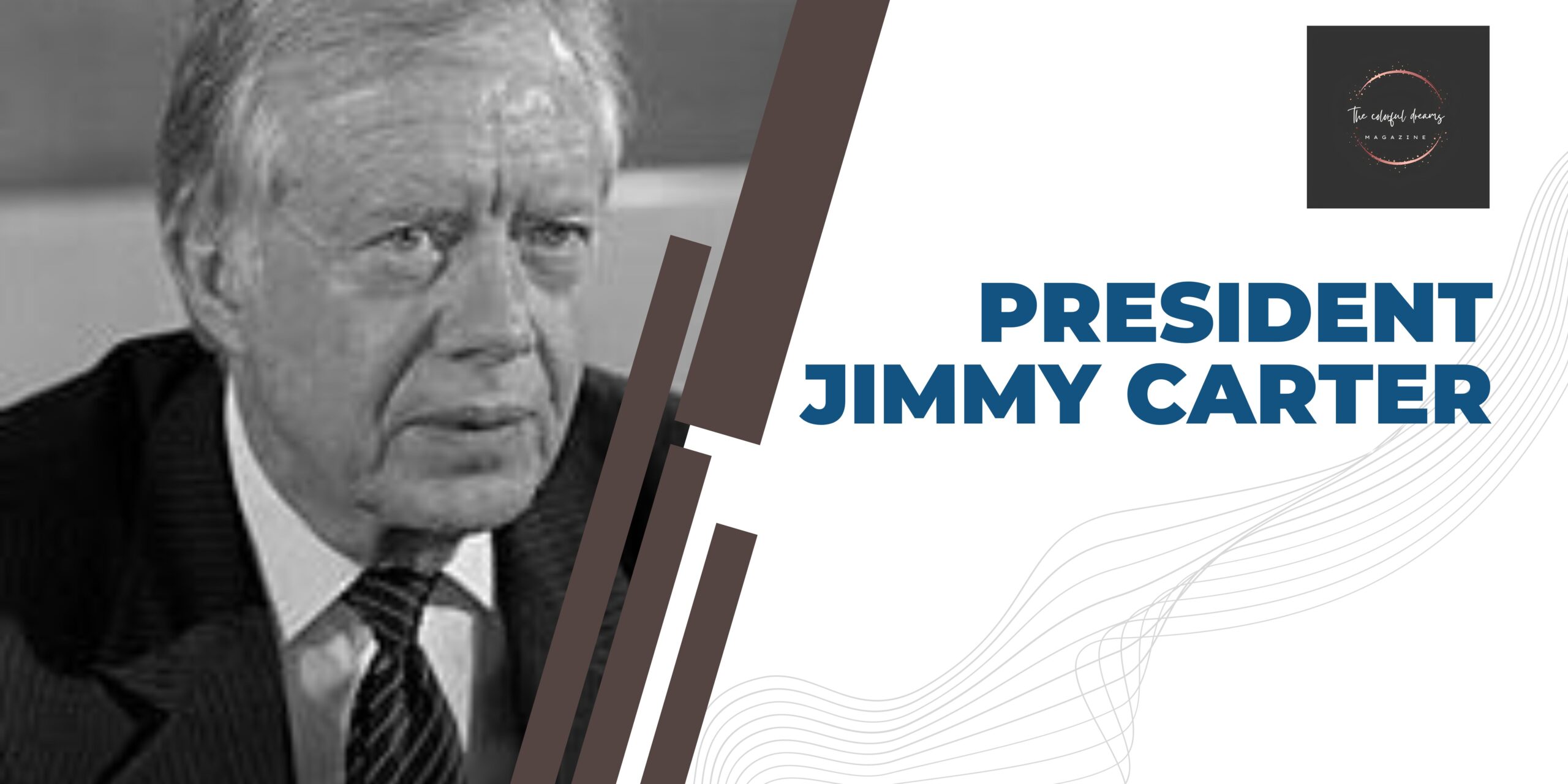On August 12, 2021, it was reported that former President Jimmy Carter, now 96 years old, had entered hospice care. This news saddened many Americans who remember him as a beacon of hope during his time in office and beyond. As the 39th President of the United States, Jimmy Carter was known for his honesty, integrity. And commitment to peace, justice, and human rights. Today, he continues to inspire people around the world through his humanitarian work. And unwavering devotion to making the world a better place.
In this article, we will take a closer look at the life and legacy of President Jimmy Carter. As well as his current health condition and the impact he has had on American and global history.
Early Life and Career
He was the oldest of four children and grew up on his family’s peanut farm. Carter attended Georgia Southwestern College. And the Georgia Institute of Technology before transferring to the United States Naval Academy, where he graduated in 1946. He served in the Navy for seven years, including a stint on submarines, before returning to Georgia to take over the family farm.
Carter’s entry into politics came in 1962 when he was elected to the Georgia State Senate. He served for two terms before running for governor in 1970. He won a surprise victory in the Democratic primary, largely thanks to his support among rural and African American voters. In the general election, he defeated Republican incumbent Lester Maddox, who was known for his segregationist views.
Presidential Years
Carter’s time as President of the United States was marked by both achievements and challenges. He was inaugurated on January 20, 1977, and immediately began working to fulfill his campaign promises of promoting human rights, reducing government waste, and restoring America’s global standing. Among his most significant accomplishments were the Camp David Accords, a peace agreement between Israel and Egypt, and the Panama Canal Treaty, which ensured the return of the canal to Panama in 1999.
Carter’s presidency was also marked by several crises, including the Iranian hostage crisis, the energy crisis, and high inflation. These challenges, combined with a struggling economy and political opposition, contributed to his defeat in the 1980 presidential election. However, despite his short time in office, Carter’s commitment to promoting peace and human rights continues to resonate today.
Post-Presidential Life and Legacy
After leaving office, Carter continued to be a force for positive change in the world. He founded the Carter Center in 1982, a non-profit organization dedicated to advancing peace and health worldwide. Through the Center, Carter has worked to promote democracy, monitor elections, prevent and treat disease, and address issues such as poverty and human rights abuses.
Carter has also been involved in numerous diplomatic missions, including efforts to resolve conflicts in North Korea and the Middle East. In 2002, he was awarded the Nobel Peace Prize for his work as a mediator in international conflicts.
In recent years, Carter’s health has been a concern for his family, friends, and supporters. He has been hospitalized several times for various ailments, including a hip replacement and a brain bleed. In 2015, he announced that he had been diagnosed with melanoma, a type of skin cancer, and had undergone treatment that included surgery, radiation, and immunotherapy. Despite these challenges, Carter has remained active and engaged, continuing to promote his humanitarian work and share his wisdom with the world.
Current Health Condition and Hospice Care
Current health condition refers to the state of an individual’s physical, mental, and emotional well-being. Hospice care, on the other hand, is specialized care that focuses on improving the quality of life for patients who have a life-limiting illness. Hospice care provides comfort, pain management, and emotional and spiritual support to patients and their families. This type of care is typically provided in the patient’s home or in a hospice facility. Hospice care is an essential part of end-of-life care, providing compassionate support to those who need it most.

